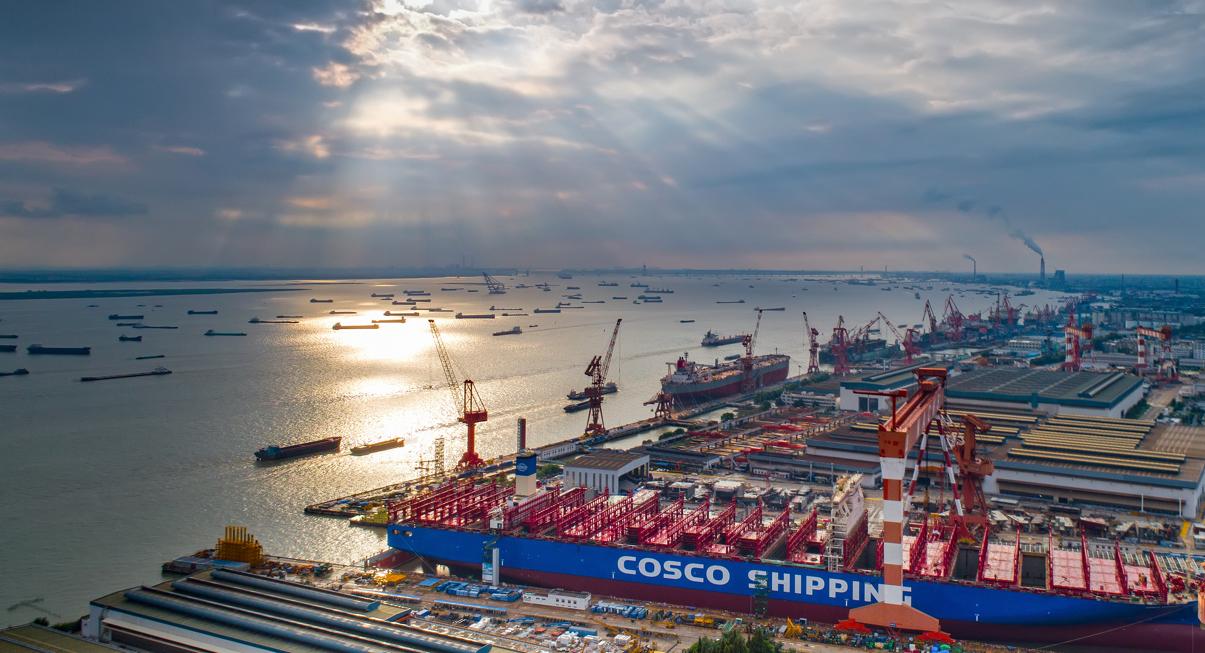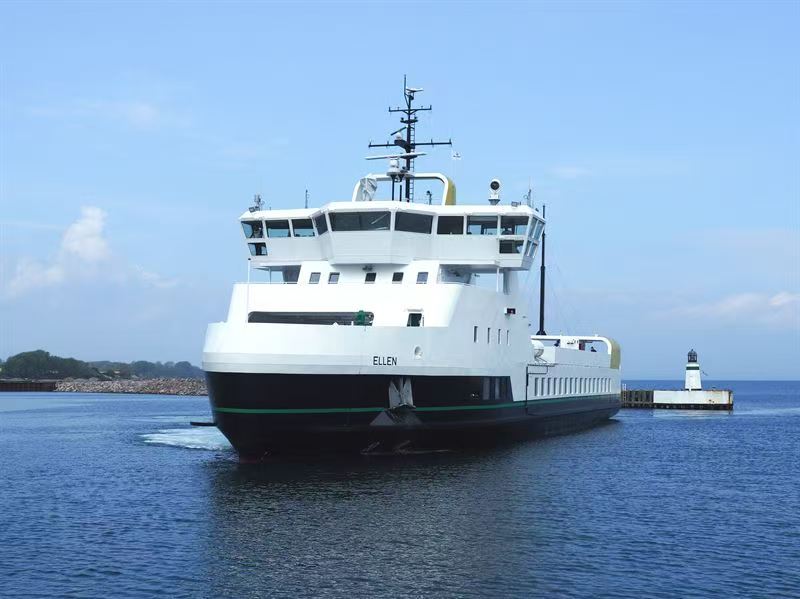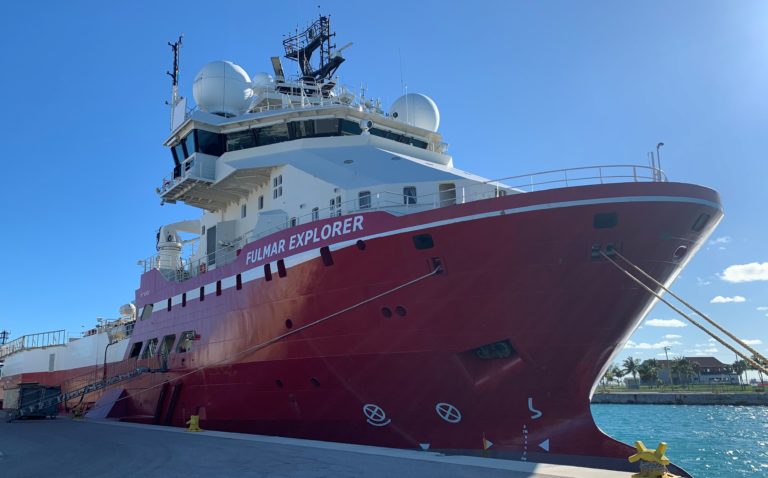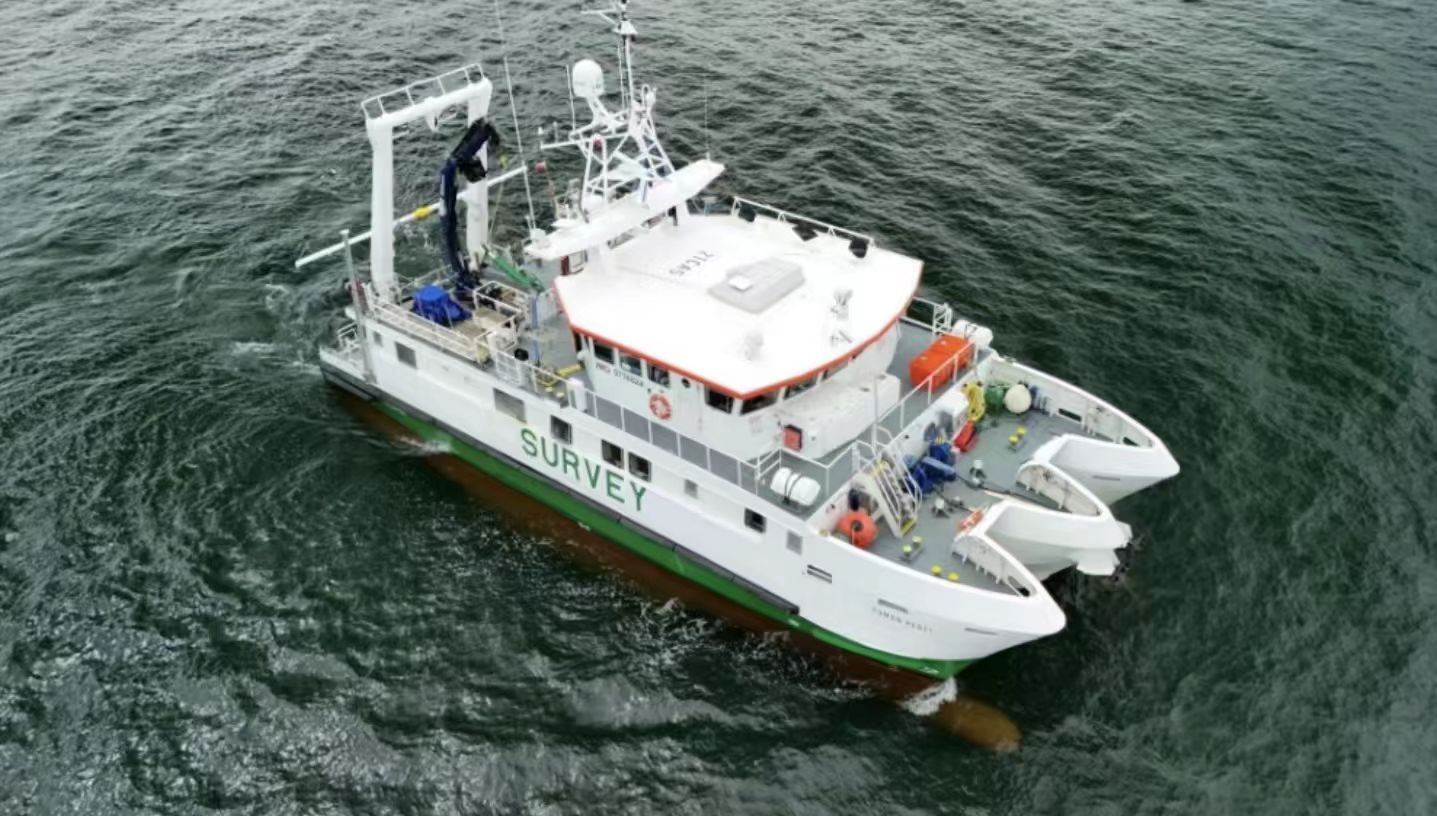维多将在 2024 年推出生物燃料专用驳船
作者: 发布时间:2023年10月25日 浏览量:760 字体大小: A+ A-

图片来自网络,版权属于原作者
从明年初开始,能源和大宗商品公司维多(Vitol)计划在新加坡交付专用驳船,扩大亚洲的生物燃料供应。
也就是说,该公司将向新加坡派遣专用燃料驳船,并通过其全资子公司 V-Bunkers 和 Vitol Bunkers 提供从 B24、B30 到 B100 的一系列生物燃料混合物。
目前,在新加坡提供船用燃料的所有船只都是油轮,只允许供应浓度不超过 25% 的生物燃料。对于更高浓度的生物燃料,国际海事组织条例规定采用 "国际海事组织 2 型化学品油轮"。
V-Bunkers 订购的第一艘 IMO 2 型驳船将于今年 1 月交付,随后在 2024 年还将陆续交付几艘。维托尔公司表示,根据需求,这些船舶还可以升级为供应甲醇的船舶。
此外,维多公司还与 Shift Clean Energy 和 SeaTech 合作,交付新加坡首艘混合动力油轮。作为该项目的一部分,SeaTech 将利用 Shift 的储能系统 (ESS) 设计多达四艘混合动力油轮。
由于航运业正在寻找脱碳和抑制排放的方法,预计未来几年对生物燃料的需求将大幅增长。
生物甲醇和电子甲醇也是该行业实现脱碳的重要途径,目前已经订购了多艘双燃料甲醇动力专业船舶,将于明年开始交付。
维多亚洲区负责人迈克-穆勒(Mike Muller)说:"专业驳船的交付对于维多及其在亚洲的可持续发展产品来说是一个令人兴奋的发展,"
"随着航运业加紧寻求去碳化解决方案,能够提供生物燃料浓度更高的船用燃料的驳船代表着在正确方向上迈出的重要一步。“
生物燃料的形式可以是甲烷、甲醇或燃油/燃气油混合物,由于可以作为'即用燃料'使用,因此被视为航运公司减少碳排放的便捷途径。
据新加坡海事与港务管理局(MPA)称,在新加坡,B24 生物燃料的销量有所增加,8 月份的销量超过了 5 万吨。今年迄今为止的销量已经是 2022 年的两倍多。
预计这一趋势将持续到 2024 年,尤其是国际海事组织(IMO)的生物燃料临时指南将于 2023 年 10 月 1 日生效。国际海事组织(IMO)关于生物燃料的临时指南将于 2023 年 10 月 1 日生效,该指南规定,经过认证的生物燃料可以降低船舶的碳强度指标(CII),因为生物燃料的碳系数(WTW)接近零。
(本文版权归国际海事信息网所有,图片版权归原作者,转载请注明出处。)
Vitol targets biofuel expansion in Singapore in 2024 with specialized bunker barges
From early next year, energy and commodities company Vitol plans to expand the supply of biofuels in Asia with the delivery of specialized bunker barges in Singapore.
Namely, the company is sending its specialized bunker barges to Singapore, and through its wholly-owned subsidiaries V-Bunkers and Vitol Bunkers will be able to offer a range of biofuel blends, from B24, and B30 up to B100.
Currently, all vessels delivering bunker fuel in Singapore are oil tankers, which are permitted to only supply fuel blended with biofuel up to 25% concentration. For greater biofuel concentrations, the IMO regulations stipulate the introduction of an ‘IMO Type 2 chemical tanker’.
The first IMO-Type 2 barge ordered by V-Bunkers will be delivered in January, to be followed by several more throughout 2024. Depending on demand, these vessels could also be upgraded to supply methanol, Vitol said.
To remind, Vitol has partnered with Shift Clean Energy and SeaTech to deliver Singapore’s first hybrid bunker tankers. As part of the project, up to four hybrid tankers will be designed by SeaTech using Shift’s energy storage systems (ESS).
Demand for biofuel is expected to grow significantly in the coming years, as the shipping industry looks at ways to decarbonize and curb emissions.
Bio and e-methanol are also significant pathways for the industry to achieve decarbonization and there have been a number of specialist dual-fuel methanol-powered vessels on order for delivery starting next year.
“The delivery of specialist barges is an exciting development for Vitol and its sustainability offerings in Asia,” said Mike Muller, Head of Vitol Asia.
“As the shipping industry steps up its pursuit of decarbonization solutions, barges that can deliver bunker fuel with a much higher concentration of biofuels represents a material step in the right direction.”
Biofuels, which can be in the form of methane, methanol, or fuel oil/gas oil blends, are seen as a convenient way for shipping companies to reduce their carbon emissions due to their ability to be used as a ‘drop-in fuel’.
In Singapore, volumes of B24 biofuel have increased, with sales of more than 50kt in August, according to the Maritime and Port Authority of Singapore (MPA). And year-to-date sales are already more than double those in 2022.
This trend is expected to continue into 2024, particularly with the International Maritime Organisation’s (IMO) interim guidelines on biofuels becoming effective from 1st October 2023. These stipulate that certified biofuel will be able to reduce a vessel’s Carbon Intensity Indicator (CII) due to its near-zero carbon factor on a well-to-wake (WTW) basis.
来源:simic






